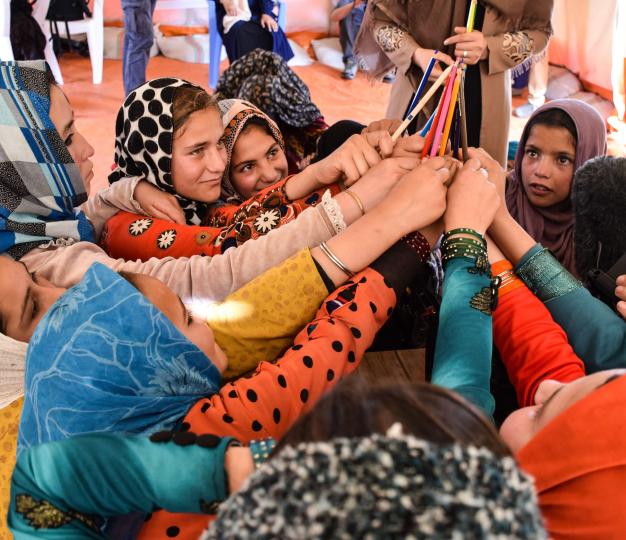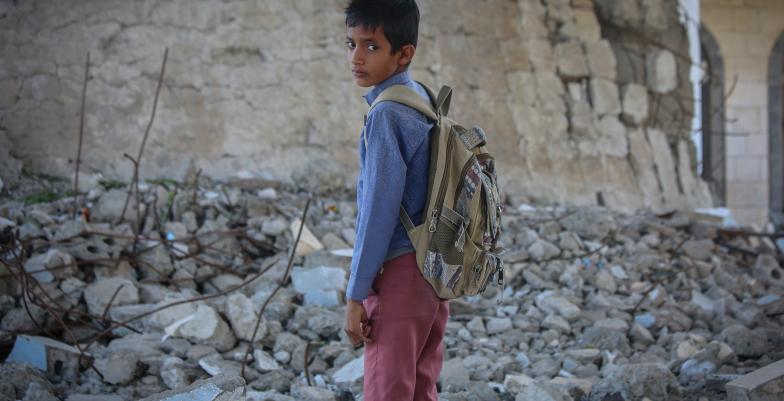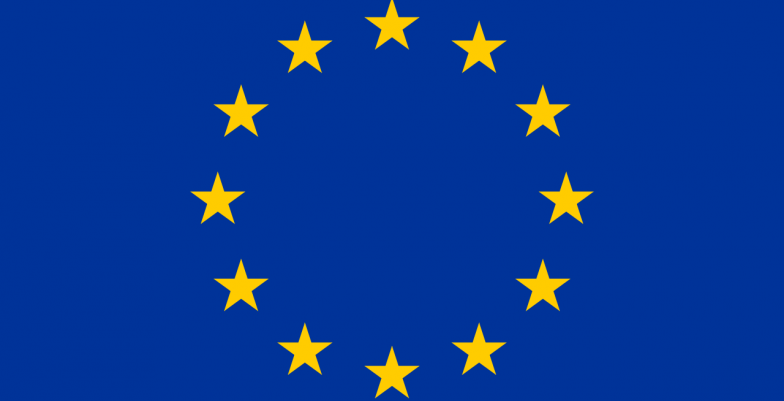Human Rights & Democracy
Human rights shape our everyday lives and underpin the way we live together in society. They exist to safeguard human dignity at all times. These rights are universal, indivisible, and interdependent—every person is entitled to them without exception. Human rights apply in all circumstances, including during conflict or crisis. Civil, political, economic, social, and cultural rights are equally essential to ensure full respect for human dignity. Human rights are central to the European Union’s internal and external policies. As outlined in the Lisbon Treaty (Articles 2 and 21), the EU’s actions on the global stage are guided by the values on which it was founded.
في هذه الصفحة
- The EU Action Plan on Human Rights and Democracy
- Annual Report on Human Rights and Democracy
- EU guidelines on human rights
- Human rights at multilateral level
- International criminal justice
- Business and human rights
- Death penalty and torture
- Freedom of expression
- Human rights defenders
- EU Election Observation Missions
- Rights of the Child
- Economic, social and cultural rights
- Freedom of religion or belief
- Technology and Human Rights
- Gender equality
- LGBTIQ+
- Freedoms of peaceful assembly
Navigate the topic
Human rights and democracy at the core of EU external action
In the face of rising global uncertainty and multiple crises, the EU remains firmly committed to promoting and protecting human rights and democracy. Beyond being a treaty obligation, advancing human rights, the rule of law, and democracy are key priorities that shape the EU’s external action.
The EU also invests in empowering human rights defenders and civil society that work peacefully on behalf of others to promote and protect universal human rights. Every two years, together with the Human Rights and Democracy Network, the EU co-organises the EU-NGO Human Rights Forum. An important platform for civil society to directly inform and shape the EU’s external policies on human rights.
The EU Action Plan on Human Rights and Democracy
The Action Plan on Human Rights and Democracy (2020-2027) serves as a compass, guiding the EU’s efforts to foster these values both within its borders and globally. Developed in response to a growing worldwide pushback against human rights and democratic principles, the Action Plan reflects the EU’s proactive stance in tackling today’s challenges, including climate change, emerging technologies, and disinformation.
The Action Plan on Human Rights and Democracy, the third of its kind, implements the Strategic Framework on Human Rights and Democracy (adopted in 2012), which lays out the key principles, objectives and priorities for EU external policies. The Action Plan guides EU policies and actions to foster human rights and democracy globally and is structured around five lines of action:
1. Protecting and empowering individuals
2. Building resilient, inclusive and democratic societies
3. Promoting a global system for human rights and democracy
4. New technologies: Harnessing opportunities and addressing challenges
5. Delivering by working together
The EU Annual Report on Human Rights and Democracy
The Annual Report on Human Rights and Democracy provides an overview of human rights and democracy both within EU borders and around the world, and of the implementation of the Action Plan.
EU guidelines on human rights
A key component of the Human Rights Policy of the EU is a series of guidelines on specific human rights, adopted at the ministerial level to signal strong political commitment from the EU and its Member States.
From the adoption of the first Guideline on the Death Penalty in 1998 to the most recent update on Children and Armed Conflict in 2024, the EU has continued to produce targeted guidelines as part of its sustained effort to ensure the full enjoyment and realisation of all human rights.
These documents are a practical tool, providing EU officials with guidance to react to violations, support victims, address impunity, and promote human rights on a daily basis through EU external action.
The 13 EU Guidelines on Human Rights translate the priorities into concrete tools for EU policymakers, EU Delegations and Member States:
- Torture and ill-treatment
- Death penalty
- Freedom of Religion or Belief
- Rights of the Child
- Children and Armed Conflict
- Non-discrimination
- Protecting the human rights of LGBTI persons
- Violence against women and girls
- Freedom of expression online and offline
- Compliance with International Humanitarian Law
- Human Rights Defenders
- Safe drinking water and sanitation
- Human Rights Dialogues
The EU employs a wide variety of instruments for the implementation of its human rights policy. Such tools include public diplomacy, statements and resolutions in multilateral fora, diplomatic outreach, sanctions, projects and programmes, trial observation and human rights and political dialogues.
The EU has launched several targeted campaigns to promote a positive narrative on human rights in the world. The EU seeks to integrate human rights into all its external actions, including trade, migration, and environmental policies.
Over the years, human rights dialogues have been established with around 60 partner countries throughout the world. They provide a platform for raising human rights concerns, exchanging best practices, and strengthening bilateral and multilateral cooperation.
The Neighbourhood, Development and International Cooperation Instrument (NDICI) programme for human rights and democracy, with a budget of €1.5 billion (2021-2027), is the successor of the European Instrument for Democracy and Human Rights (EIDHR). It assists partners, notably civil society organisations and other non-governmental stakeholders, in becoming an effective force for the protection and promotion of human rights and fundamental freedoms, democracy and the rule of law worldwide. The programme supports actions at local, national, regional and global levels.
The EU Global Human Rights Sanctions Regime enables the EU to respond more forcefully to serious human rights violations and abuses worldwide. Designated individuals or entities are subject to a travel ban and an asset freeze in the EU.
EU Special Representative (EUSR) for Human Rights
The EU Special Representative (EUSR) for Human Rights is mandated to enhance the effectiveness, visibility and coherence of the EU’s external human rights policies and to promote a positive narrative on human rights. Apart from engaging with the UN, the EUSR chairs human rights dialogues with third countries and deepens political cooperation with relevant partners.
The EUSR draws attention to urgent human rights violations, promotes compliance with international humanitarian law, and supports international criminal justice. While ensuring the integration of human rights in all EU external action, the EUSR plays a central role in implementing the EU Action Plan on Human Rights and Democracy.
International Days
International days are key moments on the global calendar dedicated to celebrating, raising awareness and taking action on pressing issues that affect us all.
From honouring human rights to championing environmental sustainability, these days unite organisations, communities, and individuals worldwide. Whether it is advocating for gender equality, fostering peace, or preserving cultural heritage, international days remind us of our shared humanity and the power we hold when we stand together.
As part of the EU’s commitment to championing human rights and advancing Sustainable Development Goals (SDGs), we amplify our communication around international days. On this page, you can find links to some of the international days we observe with an official statement or declaration. On our social media channels, we aim to join our partners in giving visibility to many other occasions.
Our efforts span across the world through a network of more than 140 EU delegations.
Some examples of International Days we celebrate include:
27/01 - International Holocaust Remembrance Day
06/02 - International Day of Zero Tolerance against Female Genital Mutilation
12/02 - International Day against the Use of Child Soldiers
08/03 - International Women’s Day
21/03 - International Day for the Elimination of Racial Discrimination
03/05 - World Press Freedom Day
17/05 - International Day against Homophobia and Transphobia
Human rights at multilateral level
Human rights are at the heart of multilateralism and are a strong component of the United Nations system. In the context of declining support for multilateral institutions, the EU remains a staunch defender of effective multilateralism and the rules-based international order, which is critical to respond successfully to global challenges.
International criminal justice
The EU is fully committed to help ensuring accountability for the most serious crimes of concern to the international community. The EU views the International Criminal Court (ICC) as the cornerstone in the fight against impunity and to help victims of atrocities to achieve justice.
Business and human rights
Upholding human rights is a responsibility of all actors of society, including business enterprises. The growing complexity and globalisation of supply chains renders it increasingly important to promote the application of high human rights and sustainability standards in third countries.
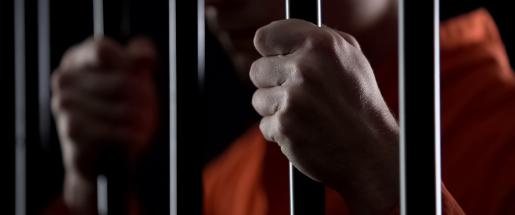
Abolition of death penalty and fight against torture
The death penalty is cruel and inhuman, a violation of the right to life and does not act as a deterrent to crime.The prohibition of torture and other cruel, inhuman or degrading treatment is absolute in international law.
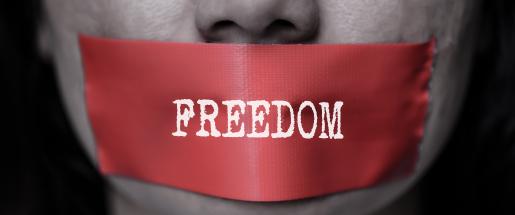
Freedom of expression
Free, independent and pluralistic media are indispensable for democratic society.

Human rights defenders
A human rights defender (HRD) is any person who, individually or with others, acts to promote and protect human rights.
EU Election Observation Missions
The EU is a globally recognised and credible actor in international election observation. Since 2000, the EU has deployed over 160 Election Observation Missions (EOMs) in more than 60 countries.
The support to democracy worldwide is not just consistent with the European Union’s fundamental principles: it is our clear interest, and a crucial tool for our foreign policy. Only a functioning democracy can address its citizen’s needs, meet their demands and fulfil their aspirations. EU Election Observation Missions enhance our engagement with partner countries, including in support of their efforts to fulfil their international human rights obligations.
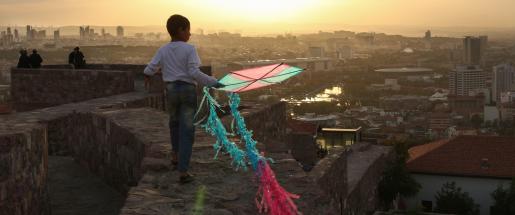
Rights of the Child
The EU mainstreams the Rights of the Child in all its external policies, whether in the context of humanitarian or conflict situations, school, poverty, displacement or migration, because there are very few issues that do not concern the Rights of the Child.
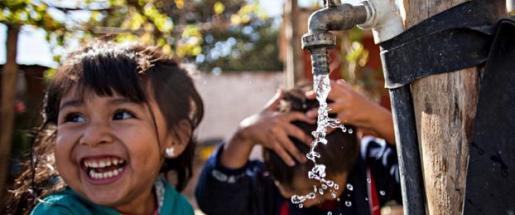
Economic, social and cultural rights
The EU has stepped up its efforts over the last years to reinforce economic, social and cultural rights and strengthen the link between human rights and the environment in its external action.

Freedom of religion or belief
Everyone has the right to freedom of religion or belief. This right includes the freedom to change his religion or belief and freedom, either alone or in community with others and in public or private, to manifest his religion or belief in teaching, practice, worship and observance.

Technology and Human Rights
Technology brings significant opportunities for human rights, but also severe risks.
Gender equality
Gender equality is a core universal value and a key priority in the EU’s internal and external policy.
LGBTIQ+
Equality, freedom, human dignity, non-discrimination and justice are fundamental universal values applicable to all, regardless of sexual orientation or gender identity.
Freedom of Peaceful Assembly, Freedom of Association and Civil Society Space
Freedoms of peaceful assembly and association are indispensable for individual dignity and fulfilment. They enable individuals to express themselves collectively, participate in public affairs and shape their societies.




